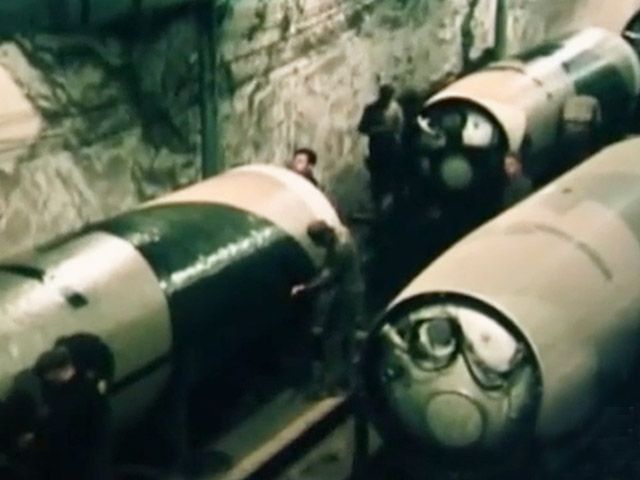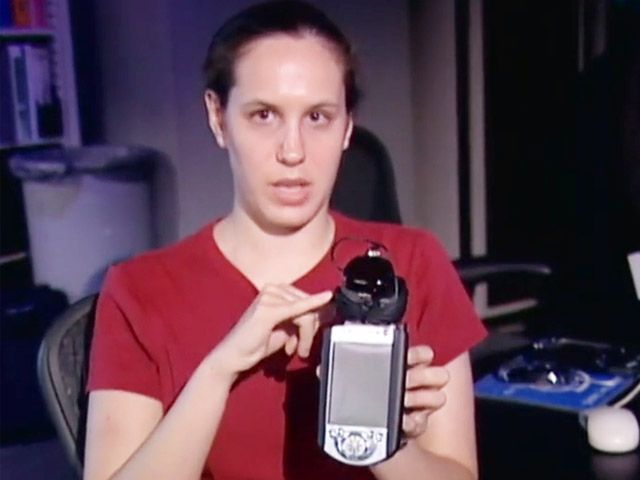The BEST episodes written by Luke Ellis

#1 - Farming Technology
Modern Marvels - Season 7 - Episode 32
The US agricultural process, from seed to shelf, is so efficient that most people don't think much about it. We review the evolution of the tools used to produce food, show the steps in the cycle that bring food to the table, and look at the future of farming.

#2 - Nordhausen
Modern Marvels - Season 9 - Episode 34
It was the world's largest underground factory--seven miles of tunnels built to manufacture Hitler's secret weapons, primarily the V-2 rocket. But Nordhausen kept more than one secret. Some of those associated with Nordhausen later helped take America to the moon.

#3 - Castles and Dungeons
Modern Marvels - Season 10 - Episode 1
Some of the most imposing structures ever built, medieval castles withstood both bloody assaults and the test of time. Designed like machines with nearly every architectural detail devoted to defense, castles represented the perfect fusion of form and function. Journey back to that unruly era as we examine the complexity of their construction and the multipurposes they served--homes to kings and nobles, economic centers, courthouses, treasuries, prisons, and torture chambers.

#4 - Digi-Tech
Modern Marvels - Season 9 - Episode 54
DVD, CD, PDA, HDTV, PVR--they are the ultimate in "gotta have it" gadgets and gizmos and "to die for" technology that populate a digital world of acronyms. We trace digital technology back to the early 1940s and the first high-speed electronic computer used to calculate cannon trajectory charts for new artillery in WWII, and look at the rapidly approaching future in places such as MIT's Media Lab, where tomorrow's technologies are being developed today.